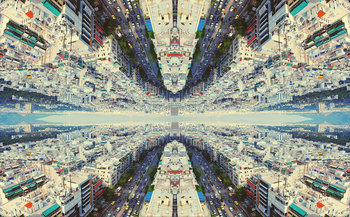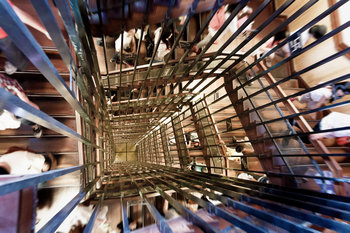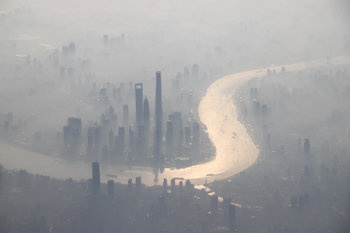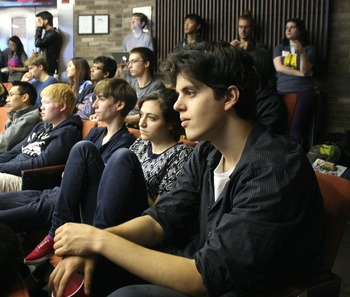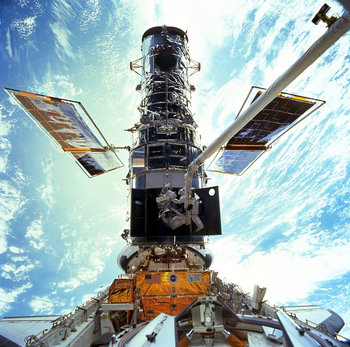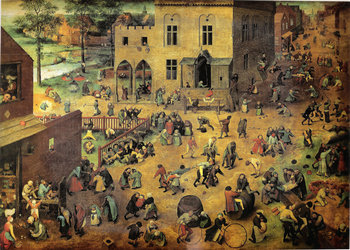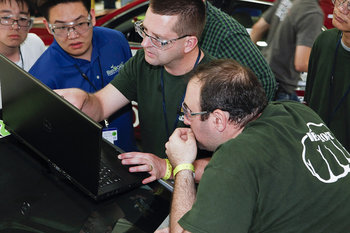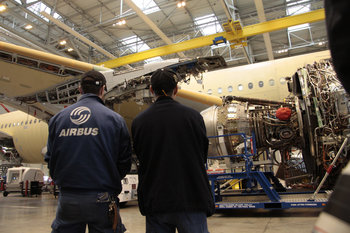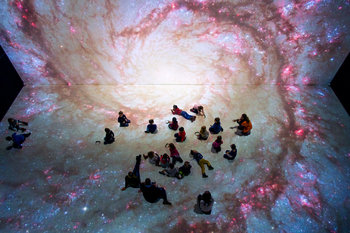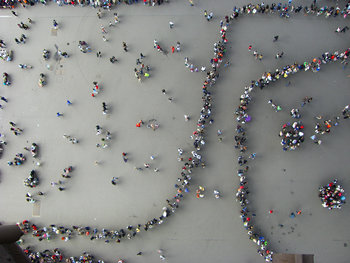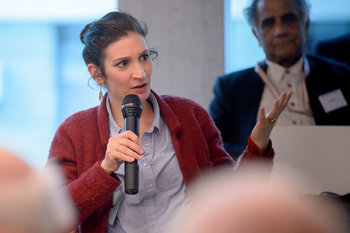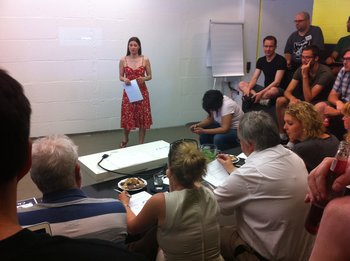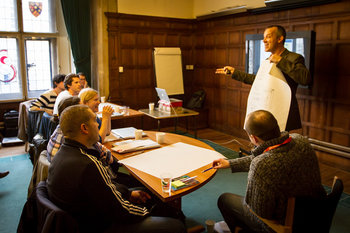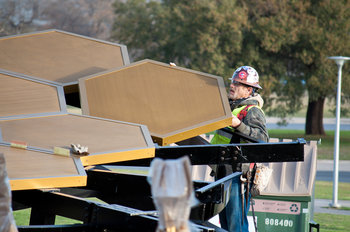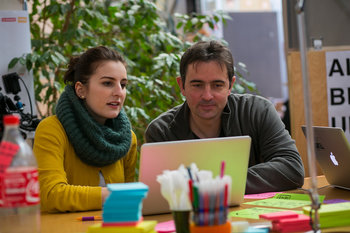
Software
Software is divided into two major types: applications and systems. Applications are tools for users. Systems are software environments that automate things. These represent the most complex things ever designed by humankind as a system can have millions of lines of code and interact with hundreds of other systems, data flows and processes. For example, a system at a bank that settles transactions with other banks such that it is integrated with hundreds of internal and external systems.Networks
A network of devices such as the internet -- a system of billions of devices that connect to each other using a set of shared protocols. This represents an extremely dynamic, resilient and chaotic environment for communication and processing.Biology
Biological systems include ecosystems whereby a large number of organisms in a place interact and depend on each other. Organisms themselves are also composed of systems such as the circulatory, respiratory, digestive, excretory, nervous, endocrine, integumentary, skeletal, muscle, reproductive and immune systems of the human body.Society
A society is an enduring social group that cooperates in complex ways such as a nation. Societies are systems that are composed of other systems such as political, bureaucratic, legal and economic systems.Economy
An economy is a system for the production and distribution of goods, income and wealth. For example, a monetary system is the set of institutions that provide money to an economy as a means of exchange and storage of value.Soft Infrastructure
Soft infrastructure such as a medical system that includes things like pharmaceutical companies, regulators, medical schools, research organizations and hospitals.Hard Infrastructure
Hard infrastructure such as a network of train lines, train stations, roads, airports and ports that form a transportation system.City
As with a society, a city is a system composed of other systems. For example, a city may include education, political, legal, law enforcement, medical and transportation systems.Physics
Physical processes often represent systems. For example, the solar system whereby eight or nine planets orbit our sun.Notes
Systems are typically so complex that they can't be understood by standard thinking processes such as analysis. The practice of understanding and modeling systems is known as systems thinking.| Overview: System | ||
Type | ||
Definition | A complex set of interconnected but independent entities that work together. | |
Related Concepts | ||



